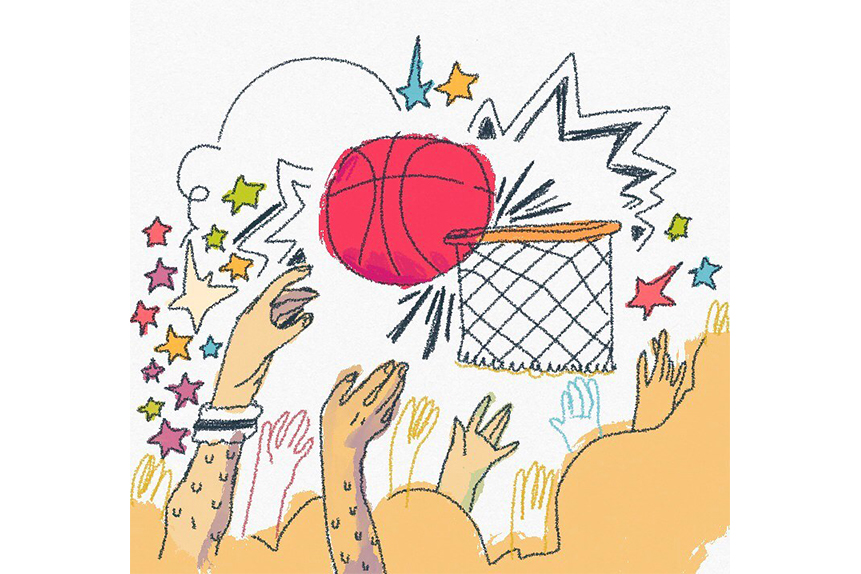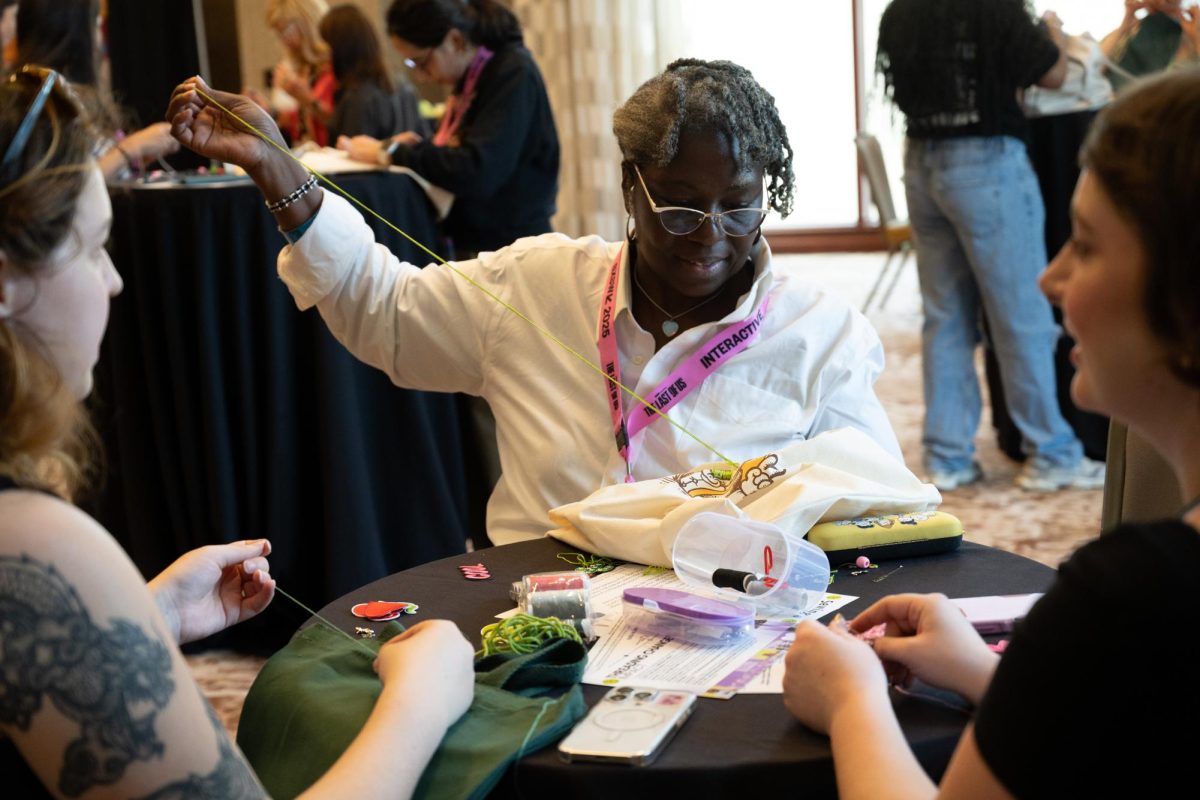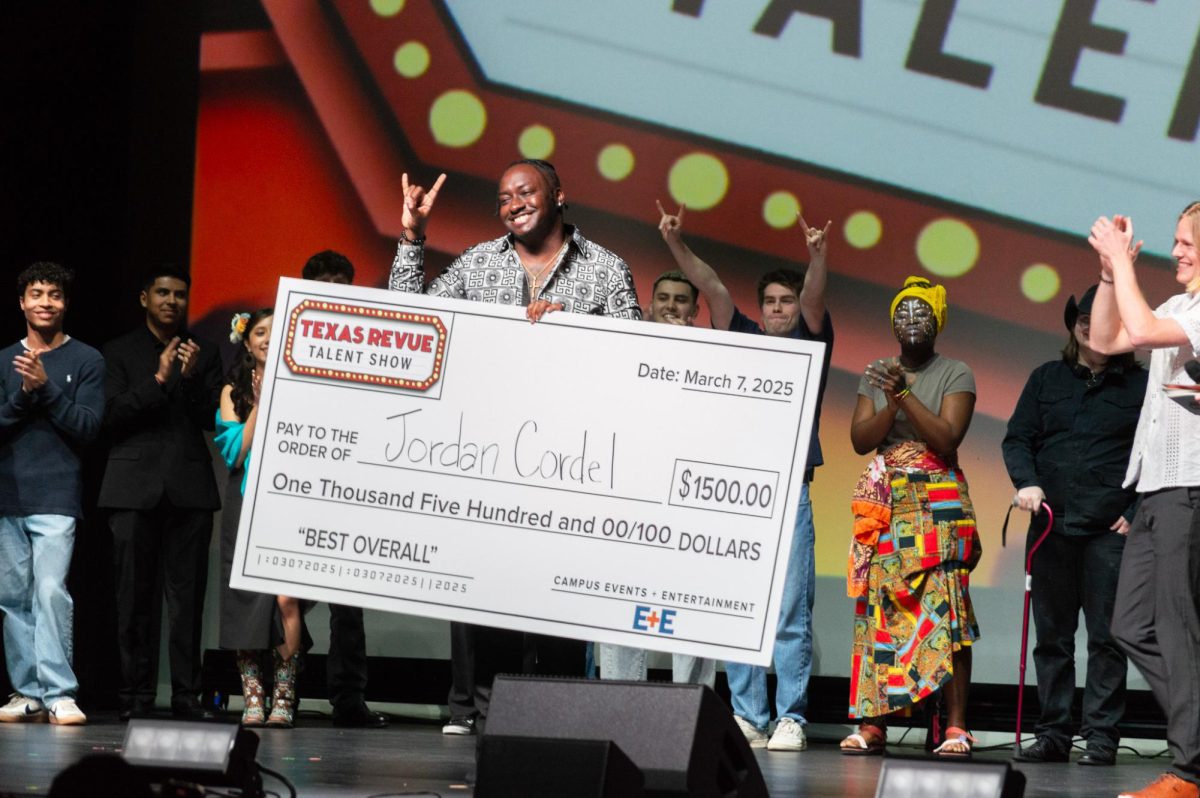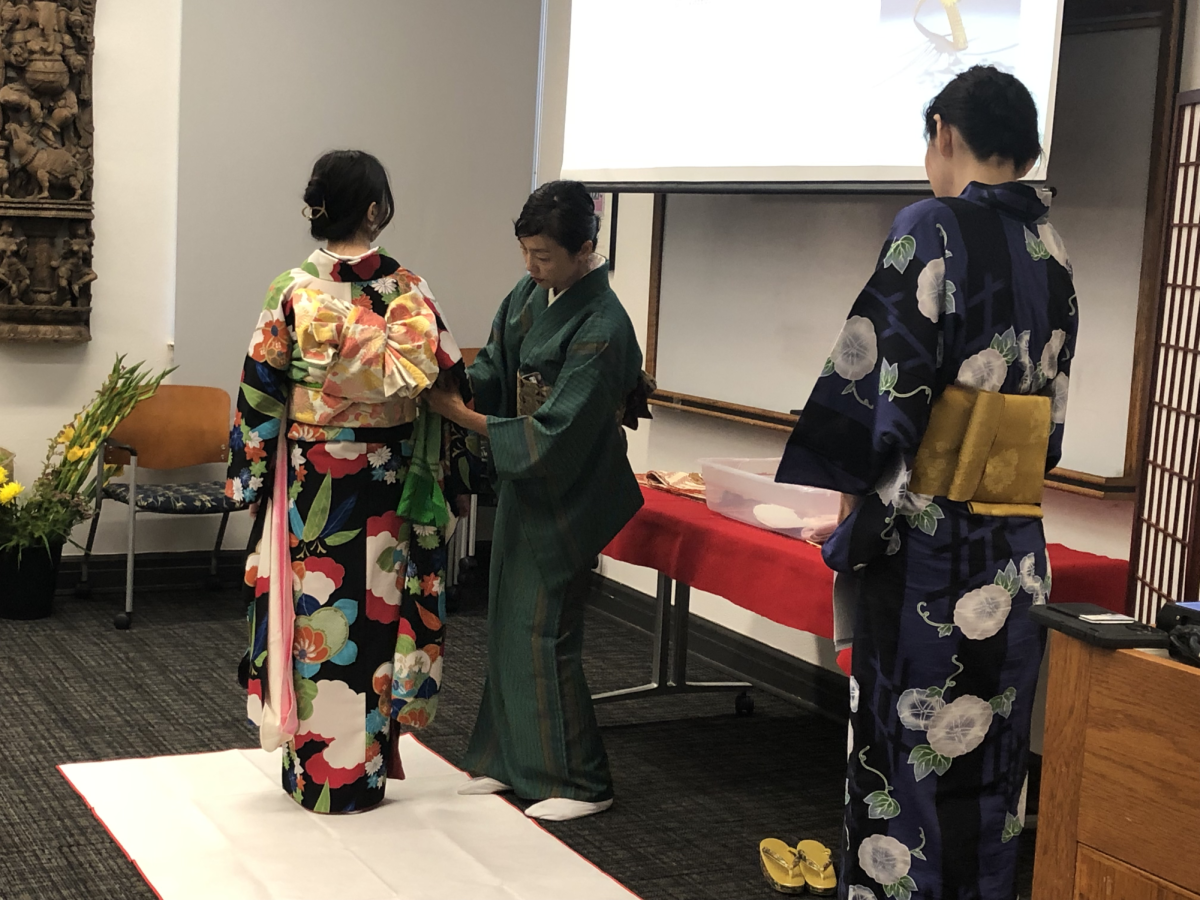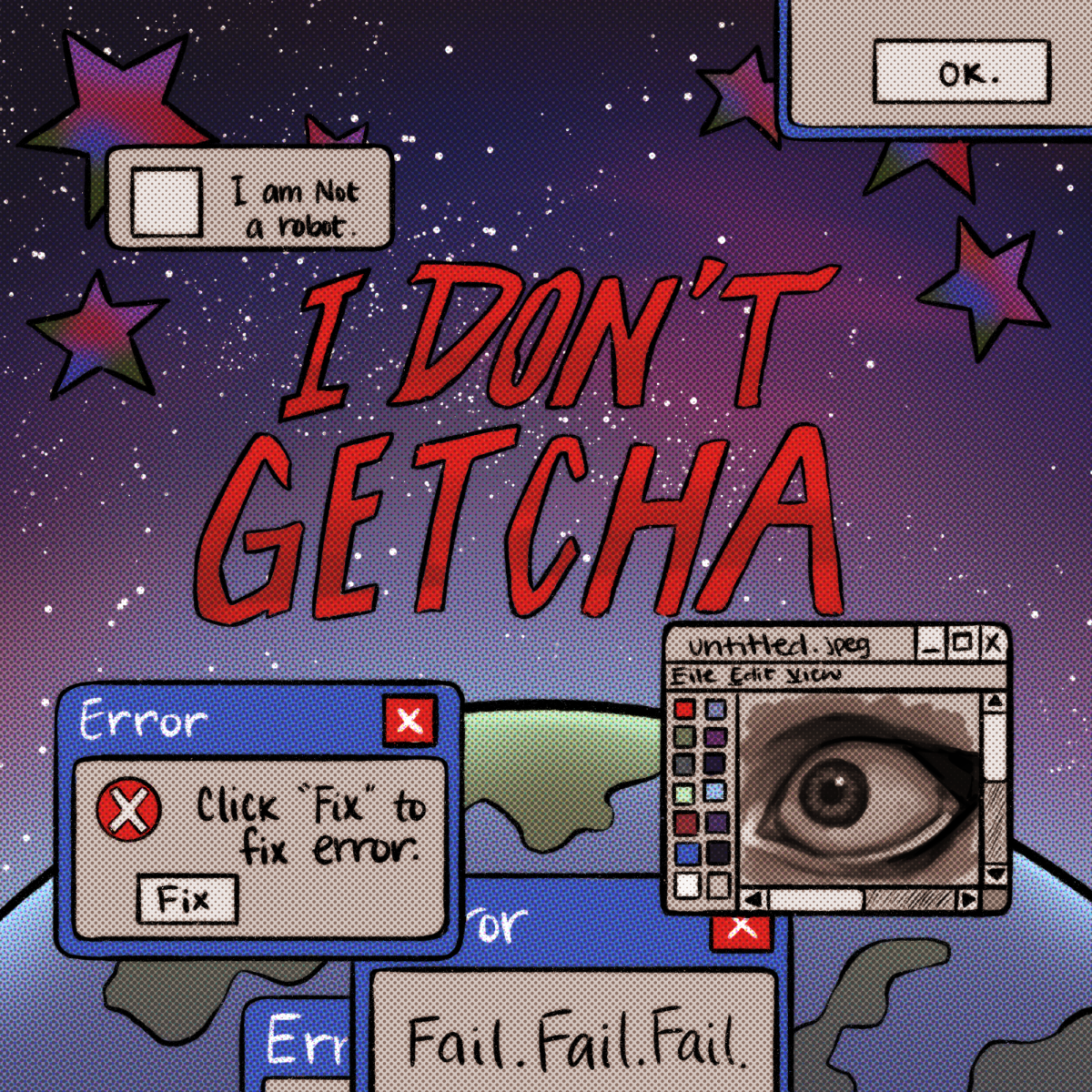For some, the end of March simply means the beginning of spring. For others, it’s a time where schedules must be adjusted to make room for hours on end of college basketball.
March Madness is the annual National Collegiate Athletic Association Division I tournament that garners attention from basketball fans and nonfans alike. With 67 games played in just three weeks, people join friends, family and coworkers to compete in tournament challenges and see whose bracket lasts the longest.
The tournament began March 19 and will finish April 8. March Madness starts out with 68 teams, but now they’re down to the Final Four. Peili Lee, an aerospace engineering senior, said part of the competition’s appeal is picking one team to stick with until the end.
“It’s cool to root behind one team and see how they progress throughout, even if you don’t really know anything about them,” Lee said. “When you attach yourself to them, you’re engaged and hoping they win.”
Despite the desire to predict every game correctly, the likelihood of having a perfect bracket if every game were a 50/50 chance between both teams is one in 9.2 quintillion, according to the NCAA. Since its first tournament in 1939, no one has ever created a perfect bracket.
Mechanical engineering senior Jorge Leos said these odds provide a motivation to participate.
“It’s kind of like winning the lottery,” Leos said. “If you’re the one person that wins it when the odds are so against your favor, it can make you really famous or really rich because it’s very uncommon.”
To beat these odds, economics senior Christopher Head said he carefully chooses the outcomes of each game by evaluating the teams’ performances throughout the season.
“I try to make sure my emotions are not in it,” Head said. “I’m not going to pick a team I want to win to go further. I pick who I think is really going to go further.”
Competitors earn points for each correct pick, and with each round, points increase. Some groups offer incentives for individuals who receive the most points by the end of the tournament. Darci Doll, associate director for intramural sports, started a tournament challenge for students around 10 years ago in which the winner earns a free team registration and t-shirt.
“March Madness is one of those iconic sports phenomenons in this country,” Doll said. “It’s something that everyone gets excited about, and it coincides with our intramural basketball championships in the spring semester.”
Even though some experience with March Madness can help, over the course of the tournament there are typically underdogs who win and shake things up, which Doll said attracts nonfans and brings everyone together to enjoy the competition.
For example, last year the University of Virginia lost to the University of Maryland Baltimore County, which was the first time in tournament history that a 1 seed lost to a 16 seed. Doll said this “Cinderella team” brought more excitement around the tournament and hopes for similar upsets this year.
“Everybody loves a Cinderella story,” Doll said. “(They) love the drama of an underdog having a chance. I think students were excited to pick one and see if their team could be that team that got some upsets.”

